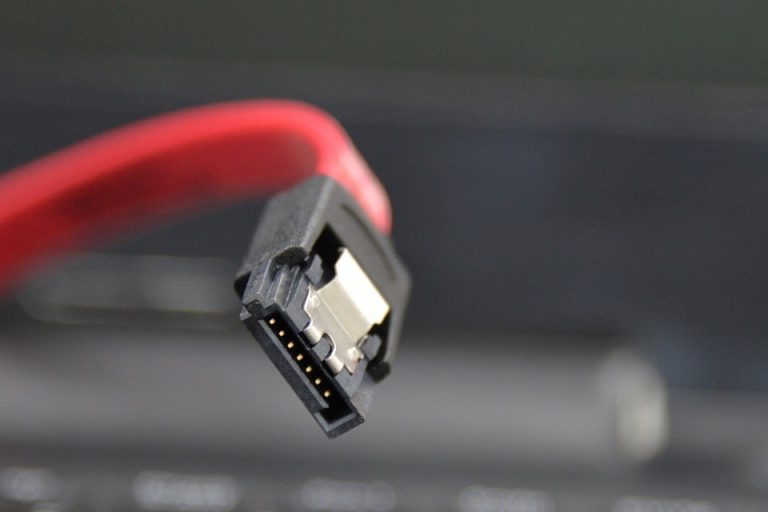If you are currently using a computer, or a laptop, or an ultra-book, you are already using two forms of storage media: RAM (Random Access Memory,) and the internal hard drive of your machine. Their main purpose is to store applications and data. If you are like every other computer user, there is a good chance that you are overloading your computer’s memory and hard drive capacity, which makes your machine run slower. This is the reason why you need to buy external storage media.
What is storage media, removable?
As the name suggests, this type of external storage media is not an integral part of your computer system, but can be attached and removed at will. These can be connected by firewire, parallel ports, or USB ports; examples of which include: CD/DVD drives, CD-RW (compact disc – rewritable disc,) and Zip drives.
The data you can use depends greatly on the memory space of each external device. However, these require the installation of one or more applications beforehand, which unfortunately adds more volume to your computer’s memory.
What is storage media, portable?
Portable storage media typically means anything small enough to carry. These days, the most common types of portables are: camera storage media like xD-Picture Card, SD (Secure Digital,) and USB (Universal Serial Bus) flash/thumb drives. Though these have limited capacities, these are usually enough for personal use, and don’t entail installation of more programs.
Storage media for business?
On a business or large-scale, any storage media that will improve the speed and functionality of your computer is a must. Small scale or entrepreneurial businesses may survive by storing data on thumb drives or CDs. However, a better option is to invest in HDD (Hard Disk Drive,) or better yet SSD (Solid State Drive.)
Storage media – HDD?
Storage media – SDD?
Solid State Drive uses circuit boards to store persistent data, which means that it is not prone to mechanical wear, not likely to overheat, uses less energy, and not prone to physical stress.
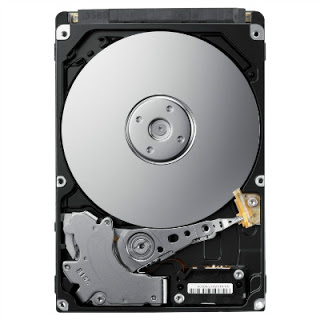

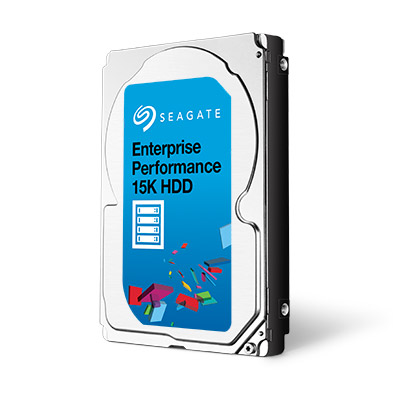
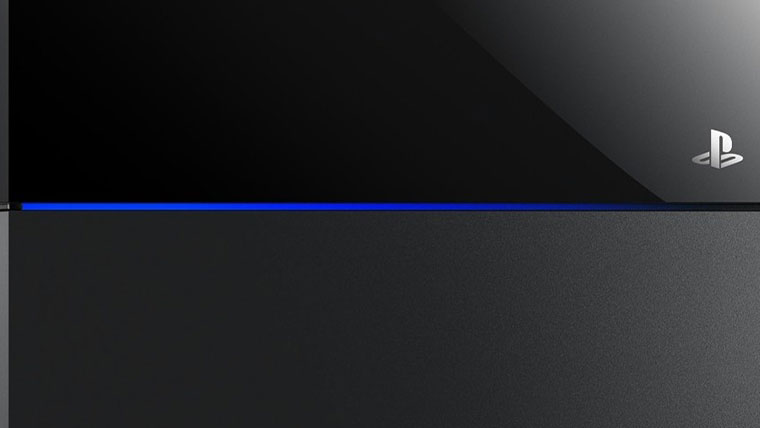
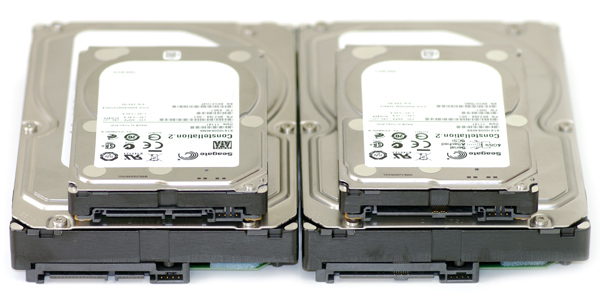
![Wi-Fi adapter not working on Windows 10 [FIX]](https://hddmag.com/wp-content/uploads/2017/07/Windows-10-featured-768x432.jpg)
